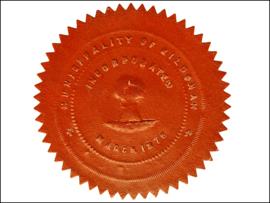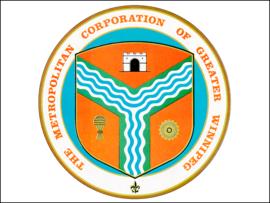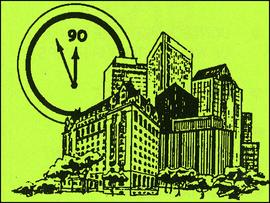In October 1981, Mayor William (Bill) Norrie created the Mayor’s Advisory Committee on Race Relations to examine racial matters, advise the Mayor and City Council on racial issues, and recommend ways to improve racial harmony in the City of Winnipeg.
The Race Relations Committee replaced the Mayor’s Advisory Committee on Race Relations in the fall of 1984. Shortly thereafter, a steering committee was formed to report on the role, operation, and structure of the Race Relations Committee. On March 23, 1985, it recommended that the Race Relations Committee be reconstituted as the City of Winnipeg Race Relations Commission. The steering committee believed the Commission would have more authority as it would report directly to the Mayor and City Council. As well, the steering committee determined that “if [the commission] was placed in any other context, the body would not appear to have sufficient authority.” The steering committee also recommended that the City create an ad hoc committee of the Mayor’s Race Relation Committee to hold public meetings.
The final outcome of this work was the creation of the Community and Race Relations Committee (CRRC) by City Council on June 11, 1986. The CRRC was mandated to develop policies and programs to improve racial relations within Winnipeg and to provide guidance for individuals and organizations seeking aid on matters of racial discrimination. The CRRC was also tasked with mediating disputes in order to foster understanding between ethnic groups.
Initially, the CRRC consisted of seven community at large members, seven institutional members, the Mayor, Chief of Police, Chief Commissioner, and the Chairperson of the Executive Policy Committee. The Mayor served as Chairperson and the role of Vice-Chairperson was given to the Chairperson of the Executive Policy Committee.
There were also several sub-committees including the Education and Management Sub-Committees. The CRRC reported the Executive Policy Committee.
In 1988, the Management Sub-Committee recommended that the Chairperson be a citizen member and the Mayor become the Vice-Chairperson. It was also recommended that the community at large members be reduced from seven to three and the institutional membership be increased to eleven. City Council adopted these recommendations on June 11, 1988.
The CRRC was criticized as having too much institutional representation and not enough from the community. Beginning in 1993, the Management Sub-Committee began a review of the CRRC’s structure. In response to demographic changes in Winnipeg, City Council dissolved the CRRC on December 31, 1999. It was later replaced with the Task Force on Diversity on January 1, 2000. The Task Force on Diversity became the Citizen Equity Committee the following year.








